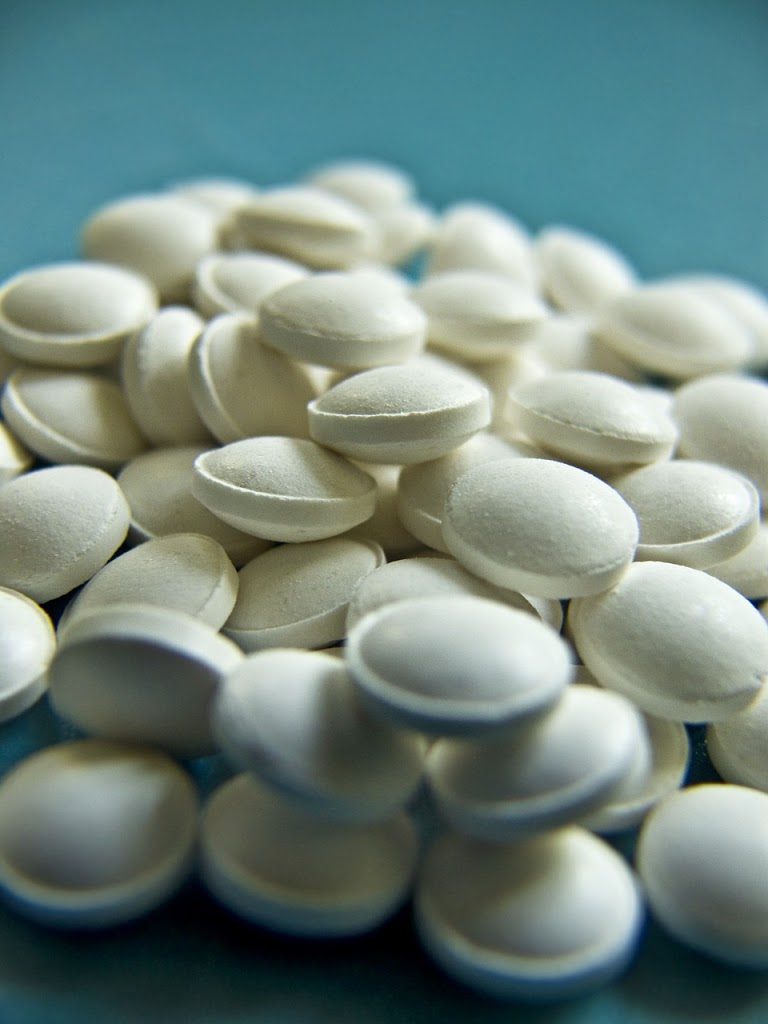Protecting affordability in a pandemic — Experts find fair prices for remdesivir between $10 and $4,500

In a nation hungry for good news in fighting the COVID-19 pandemic, remdesivir has emerged as a first ray of hope. The FDA has quickly approved the drug for emergency use with seriously ill patients. However there are concerns that the data supporting remdesivir’s effectiveness has not been published or peer reviewed by independent scientists and the benefits are modest. The nature of the announcement in the Oval Office was also out of the ordinary.
Remdesivir raises important issues about setting prices for promising treatments during a national emergency. An exceptionally high price for the drug may limit how many and which Americans will benefit and further burden our economy with higher healthcare costs. Remdesivir’s manufacturer, Gilead, was criticized in 2016 for charging high prices for hepatitis C cures that resulted in rationing.
Thankfully a national nonprofit is helping to find a fair price. According to the Institute for Clinical and Economic Review (ICER), justifiable pricing for remdesivir varies considerably based on currently available evidence. Created in 2006, ICER, an independent non-profit research institute, is the national leader in analyzing the evidence on the effectiveness and value of drugs and other medical services.
ICER used two models to develop to benchmark prices for remdesivir. Recovering Gilead’s costs to develop and produce the drug results in a price of $9.32 for a 10-day course of treatment. Because remdesivir was originally developed and tested as a possible treatment for hepatitis C, Gilead has already recovered those costs in their successful launch of other hepatitis C drugs. Alternatively, using traditional comparative effectiveness modeling ICER calculated a benchmark price of $4,500 for 10 days. The comparative cffectiveness model considers the value of the drug in reducing hospitalization days, reducing ICU and ventilator use, and improved quality of life. ICER will updated benchmark prices as the evidence evolves and if Gilead conducts more clinical trials.
Gilead has promised to donate 1.5 million doses to the federal government and has committed to working to keep the drug affordable. Beyond that, at $1,000 for a course of treatment, it’s estimated that Gilead would make over $1 billion this year. Advocates, payers and policymakers are closely watching for Gilead’s price announcement.
The value of COVID-19 treatments is clearly more complex than this one drug. Payers and policymakers will have to consider appropriate healthcare costs in the context of many issues. They will have to find a price that is fair to Gilead but that allows access to the drug and doesn’t over-burden our struggling economy. ICER has given us important tools to inform that public discussion.

